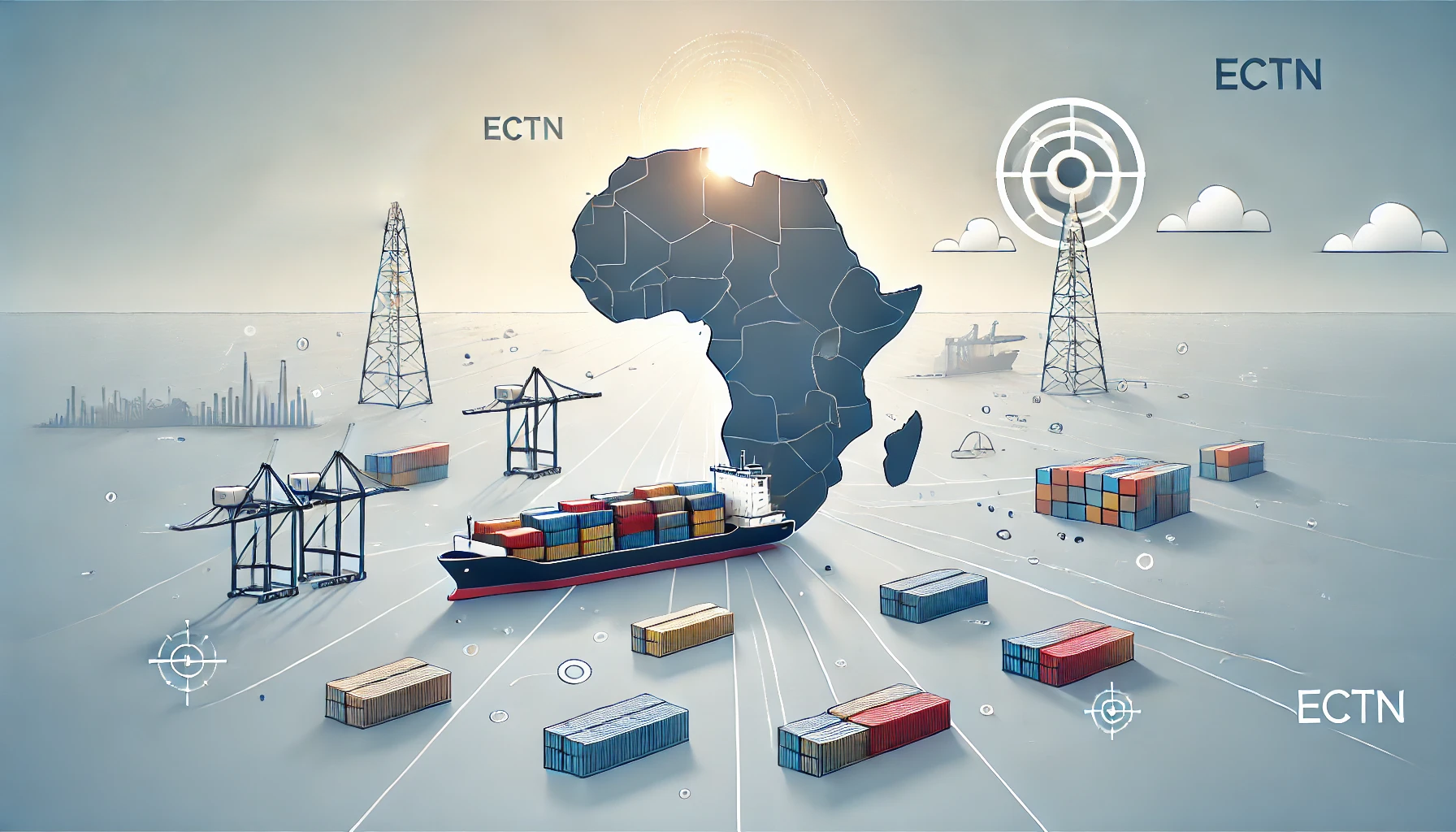The modernization of Africa’s trade infrastructure stands as a crucial pillar in the continent’s economic development. Among the various initiatives driving this transformation, the Electronic Cargo Tracking Note (ECTN) system has emerged as a significant tool in streamlining maritime trade operations and enhancing transparency across African ports.
Understanding the ECTN System
The Electronic Cargo Tracking Note, also known as the Electronic Cargo Tracking Document (ECTD) in some regions, represents a digital evolution in cargo documentation. This system serves as a mandatory transport document that tracks cargo from its port of loading to its final destination, providing real-time information about shipment status and handling.
Which Countries Require an ECTN Certificate?
Several African countries mandate the ECTN certificate for imports, including:
Angola, Benin, Burkina Faso, Burundi, Cameroon, Central African Republic, Djibouti, the Democratic Republic of the Congo, Egypt, Equatorial Guinea, Gabon, Guinea Bissau, Guinea Conakry, Ivory Coast, Liberia, Madagascar, Mali, Niger, Chad, Republic of Congo, Senegal, Sierra Leone, Somalia, South Sudan, Togo and Yemen.
It’s essential to verify the specific requirements of the destination country before shipping.
Core Benefits to African Development
Enhanced Revenue Collection
The implementation of ECTN systems has demonstrated considerable success in improving customs revenue collection. By digitizing cargo documentation, governments can better track and monitor incoming shipments, leading to more accurate tax assessment and collection. This increased transparency strengthens national economies and supports public investment in development projects.
Improved Maritime Security
Maritime security enhancement is a key achievement of the ECTN system. The system provides authorities with advance information about vessel movements and cargo contents, enabling sophisticated risk assessment and management. This enhanced oversight ensures smooth and secure maritime operations across African ports.
Trade Facilitation and Efficiency
One of the most significant impacts of the ECTN system is its role in optimizing port operations and processing times. By digitalizing documentation processes, the system creates streamlined procedures in African ports. Faster processing times translate directly into cost savings for businesses and more efficient trade flows, boosting economic activity across the continent.
Data-Driven Decision Making
The implementation of ECTN creates valuable databases of trade information that empower policy decisions and infrastructure development. This data enables governments and port authorities to optimize resources and make strategic investments in port infrastructure and capacity, driving continuous improvement in trade operations.
Regional Integration and Standardization
The adoption of ECTN systems across different African nations promotes regional integration by standardizing cargo documentation processes. This standardization facilitates seamless cross-border trade and supports the objectives of the African Continental Free Trade Area (AfCFTA) agreement, fostering greater economic cooperation across the continent.
Technological Infrastructure Development
The implementation of ECTN systems has spurred investment in digital infrastructure across participating nations. This technological advancement extends beyond ports, contributing to the broader digital transformation of African economies and creating exciting new opportunities in the technology sector. The growth in digital infrastructure supports job creation and skills development across multiple industries.
Future Prospects
The ECTN system opens numerous possibilities for future advancement:
Digital Innovation
The system provides a foundation for continued technological innovation in trade and logistics. As the system evolves, it will incorporate new technologies and capabilities, further enhancing trade efficiency and economic growth.
Economic Opportunities
ECTN implementation creates new business opportunities in technology services, training, and support industries. This expansion of the digital economy supports job creation and economic diversification.
Global Trade Integration
The system positions African nations to participate more effectively in global trade, attracting international investment and fostering economic partnerships.
Conclusion
The ECTN system represents a significant step forward in modernizing Africa’s trade infrastructure. Its implementation aligns perfectly with broader development goals, including improving governance, enhancing revenue collection, and promoting regional integration. As more African nations adopt and refine these systems, the positive impacts on trade efficiency and economic development continue to multiply.
The success of ECTN implementation demonstrates Africa’s impressive capacity for technological advancement and provides an inspiring model for similar innovations in other sectors. As the continent continues to expand its digital capabilities, the ECTN system stands as a testament to the transformative power of digital solutions in advancing African economic development.
The future of African trade looks increasingly bright, with systems like the ECTN playing a crucial role in connecting the continent to global markets while promoting transparency, efficiency, and sustainable economic growth. This digital transformation positions Africa as a leading force in modern global trade, creating prosperity and opportunity across the continent.






